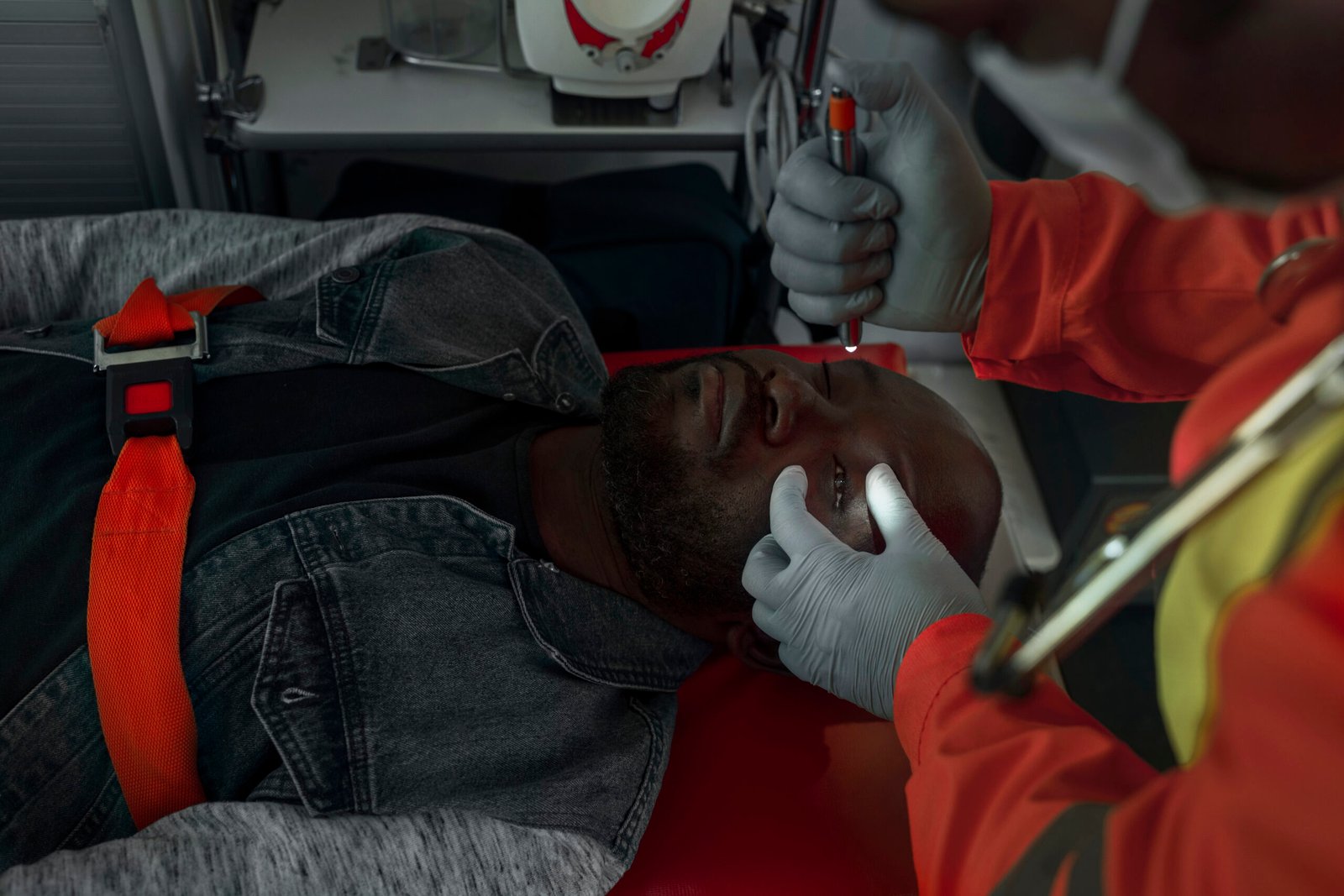
At Infinity, I focus on treating first responders and there families including military and hospital workers. First responders, including police officers, firefighters, emergency medical technicians (EMTs), and paramedics, often face high-stress situations that can significantly impact their mental health. Mental health therapy for first responders is crucial for addressing the unique challenges they encounter.
First responders face high-stress environments, regularly encountering traumatic events, life-threatening situations, and crises, which can lead to anxiety, depression, burnout, and emotional distress. Unique challenges, such as exposure to trauma and stigma around seeking help, further complicate their mental health. Tailored therapy approaches, including trauma-informed care, cognitive behavioral therapy (CBT), and peer support programs, are designed to address their specific needs by fostering safety, trust, and understanding. Therapy focuses on resilience building through mindfulness, emotional regulation, and coping strategies, while crisis intervention provides immediate support for acute stress. Ongoing mental health support ensures first responders can manage the emotional toll of their work and maintain long-term well-being.
What patients can expect during the first session with me is as follows: the first step is for us to gain better insight into the “What needs to be healed?” and the “How to heal?” roadmap. We will discover what we need to work towards and how we can work towards these goals. We will then create the foundations of our therapeutic relationship by gaining a sense of the therapeutic journey and the directions we need to go towards the patient’s healing journey.
Trauma in first responders is often caused by repeated exposure to high-stress and critical incidents such as accidents, natural disasters, violence, or death. These experiences can be emotionally overwhelming, especially when the outcomes are distressing or personal connections to the event exist.
Common signs include flashbacks, nightmares, anxiety, irritability, depression, emotional numbness, difficulty concentrating, sleep disturbances, and hypervigilance. Physical symptoms such as fatigue, headaches, or gastrointestinal issues may also occur.
Treatment often involves evidence-based therapies like Trauma-Focused Cognitive Behavioral Therapy (TF-CBT), Eye Movement Desensitization and Reprocessing (EMDR), Cognative Processing Therapy (CPT) and group counseling. Supportive interventions such as peer support groups, stress management techniques, and wellness programs also play a vital role.
Many first responders face barriers like the stigma around mental health, fear of being perceived as weak or incapable, concerns about job security, or a strong sense of duty to "push through" difficulties. This cultural resistance often delays seeking help.

At Infinity, I focus on treating first responders and there families including military and hospital workers. First responders, including police officers, firefighters, emergency medical technicians (EMTs), and paramedics, often face high-stress situations that can significantly impact their mental health. Mental health therapy for first responders is crucial for addressing the unique challenges they encounter.
First responders face high-stress environments, regularly encountering traumatic events, life-threatening situations, and crises, which can lead to anxiety, depression, burnout, and emotional distress. Unique challenges, such as exposure to trauma and stigma around seeking help, further complicate their mental health. Tailored therapy approaches, including trauma-informed care, cognitive behavioral therapy (CBT), and peer support programs, are designed to address their specific needs by fostering safety, trust, and understanding. Therapy focuses on resilience building through mindfulness, emotional regulation, and coping strategies, while crisis intervention provides immediate support for acute stress. Ongoing mental health support ensures first responders can manage the emotional toll of their work and maintain long-term well-being.
What patients can expect during the first session with me is as follows: the first step is for us to gain better insight into the “What needs to be healed?” and the “How to heal?” roadmap. We will discover what we need to work towards and how we can work towards these goals. We will then create the foundations of our therapeutic relationship by gaining a sense of the therapeutic journey and the directions we need to go towards the patient’s healing journey.
Trauma in first responders is often caused by repeated exposure to high-stress and critical incidents such as accidents, natural disasters, violence, or death. These experiences can be emotionally overwhelming, especially when the outcomes are distressing or personal connections to the event exist.
Common signs include flashbacks, nightmares, anxiety, irritability, depression, emotional numbness, difficulty concentrating, sleep disturbances, and hypervigilance. Physical symptoms such as fatigue, headaches, or gastrointestinal issues may also occur.
Treatment often involves evidence-based therapies like Trauma-Focused Cognitive Behavioral Therapy (TF-CBT), Eye Movement Desensitization and Reprocessing (EMDR), and group counseling. Supportive interventions such as peer support groups, stress management techniques, and wellness programs also play a vital role.
Many first responders face barriers like the stigma around mental health, fear of being perceived as weak or incapable, concerns about job security, or a strong sense of duty to "push through" difficulties. This cultural resistance often delays seeking help.

The Georgia Crisis & Access Line is a free confidential hotline that's available 24/7 to help those experiencing emotional distress or suicidal crisis

Call or text 988 anytime to connect with the Suicide & Crisis Lifeline for 24/7 emotional support.

If you’re having a medical or mental health emergency, call 911 or go to your local ER.

Start your journey to mental wellness with personalized, professional care.
© 2025 Designed By ThinkTech.

Call 112 for immediate assistance if you are in distress or facing an emergency.

Call or text 988 anytime to connect with the Suicide & Crisis Lifeline for 24/7 emotional support.

If you’re having a medical or mental health emergency, call 911 or go to your local ER.

Start your journey to mental wellness with personalized, professional care.
© 2025 Designed By ThinkTech.